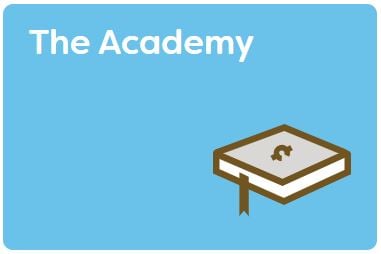Financial Education
The Academy
Information and tools to help you sort out your finances
The Buzz
News and must-reads on financial topics
The Plan
CTA’s Retirement Savings Plan for Members

The Academy
Information and tools to help you sort out your finances
The Buzz
News and must-reads on financial topics
The Plan
CTA’s Retirement Savings Plan for Members





